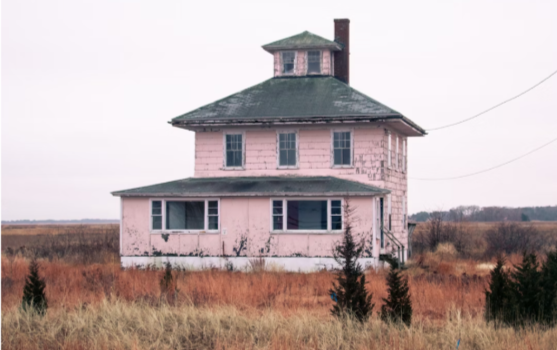There’s something magnetic about historic homes—the charm of original hardwood floors, the craftsmanship of ornate trim, the sense of stepping into a story much older than your own. But finding and purchasing a historic property isn’t always as romantic as it seems.
These homes come with quirks, restrictions, and complex histories that require more than a casual search. If you’re considering a home with a past, it might be time to enlist a real estate broker who understands the terrain. Here are clear signs that you shouldn’t go it alone.
You’re Drawn to Unique Architecture but Unsure What to Look For
If you’re fascinated by columns, transom windows, or hand-carved banisters—but you don’t know a Colonial Revival from a Queen Anne—then it’s a strong sign you’ll benefit from a real estate broker. An experienced broker can help identify the styles you’re most drawn to and match them to neighborhoods or time periods.
They’ll also help you distinguish between homes that are truly historic and those that are simply old. Without that guidance, it’s easy to overlook gems of historic homes for sale—or fall for a fixer that’s beyond saving.
You’re Concerned About Local Regulations or Preservation Rules
Many historic homes are located in districts protected by preservation laws, which may limit the changes you can make to the exterior or even certain interior elements. If you’re not familiar with these regulations—or unsure what kind of permits are needed—working with a broker is essential.
A real estate broker can help you navigate zoning restrictions, understand what’s protected under a home’s historical designation, and avoid buying a property that will later limit your vision or budget.
You’re Unfamiliar with Restoration or Maintenance Needs
Historic homes are beautiful, but they often require specialized upkeep. If you don’t know much about things like knob-and-tube wiring, original plaster repair, or the difference between modern and reclaimed materials, it’s a sign to work with a broker.
A skilled broker will guide you toward homes that match your renovation ability—or help connect you with professionals who can assess and manage the restoration. They’ll also help you understand what’s worth preserving and where you might need to modernize.
You’re Hoping for Investment Potential or Tax Incentives
Many buyers aren’t aware that owning a registered historic property can come with financial perks—such as tax credits, grants, or lower property taxes. But these incentives vary by location, and not every historic-looking home qualifies.
A broker who specializes in historic homes will know how to identify properties that come with benefits, walk you through the application process, and ensure you get the most from your investment. They’ll also know which homes are likely to appreciate based on their historical significance and location.
You’re Struggling to Find the Right Listings on Your Own
Historic homes often don’t show up in mainstream listings, or they’re snapped up quickly by buyers who know what they’re looking for. If you’re not seeing what you want—or wasting time touring homes that lack the charm or character you’re after—it’s time to work with a broker.
They often have access to exclusive or off-market properties, know which homes have been lovingly preserved, and can save you countless hours by narrowing the search to only the most promising options.

